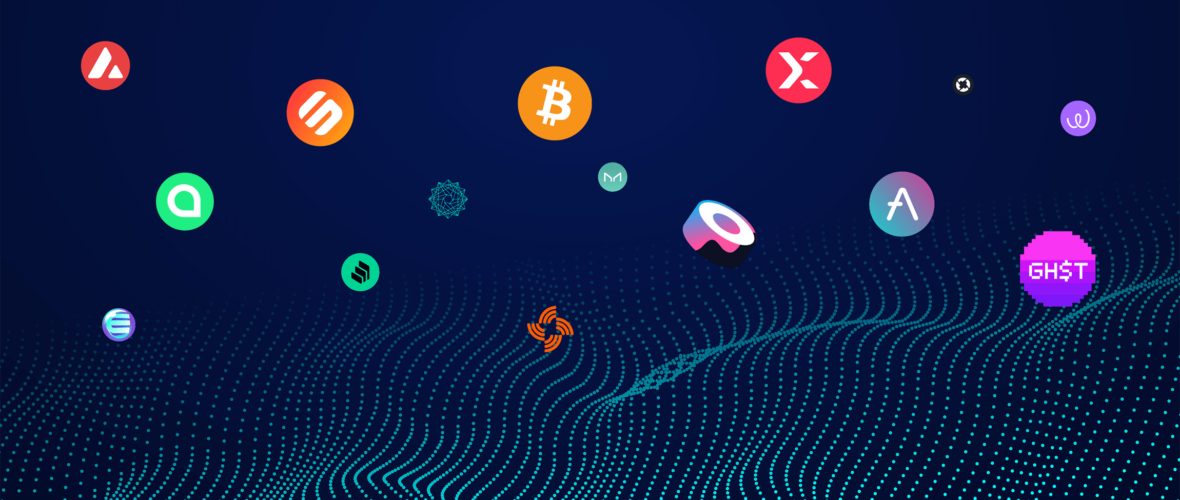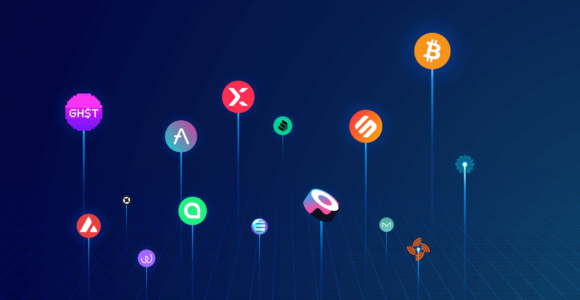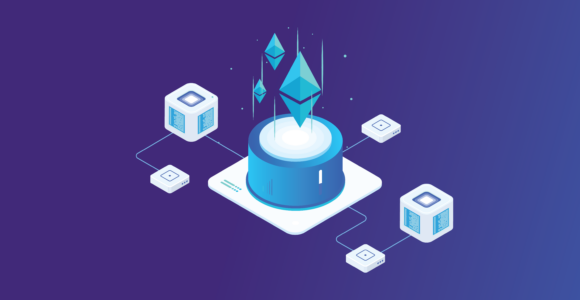18 August 2021
Microsoft is teaming up with Alibaba to create a blockchain-based platform for combatting software and media piracy.
Software companies and media producers have fought piracy for decades. They say piracy is theft and they present convincing arguments that demonstrate the loss of tens of billions of euros per year. Pirates steal and distribute music, films, artwork, and software freely on thousands of sites that operate more or less openly across the internet.
The war between corporations and pirates has taken curious turns. For example, most software now contains trackable serial numbers or watermarks. The first time you log on to the internet with a pirated copy of Windows or Office, Microsoft knows. It could disable your PC or laptop.
But Microsoft sees little benefit in alienating individual users who choose its software. As then-CEO Bill Gates observed in 1998, “Although 3 million computers get sold each year in China, people don’t pay for our software. Someday they will, though, and as long as they are going to steal it, we want them to steal ours. They’ll get sort of addicted, and then we’ll somehow figure out how to collect sometime in the next decade.”
A decade passed, and then another, and piracy has continued to be a thorn in the side afflicting software companies and the entertainment industry.
The latest weapon in the corporate armory is an Ethereum-based tool code-named Argus. It’s described in a paper published by researchers from Microsoft, Alibaba, Carnegie-Mellon University, and East China Normal University. The team’s findings will be presented at the 40th International Symposium on Reliable Distributed Systems in September 2021.
Argus isn’t intended to target individual users of pirated software and content. It is an anonymous reporting tool that allows informers to earn rewards for reporting companies and organizations that profit from mass piracy. That might include a corporation where software is freely copied for hundreds of users or a PC shop that sells computers and laptops loaded with commercial software that wasn’t legally acquired.
The Argus system relies on digital watermarks to verify unauthorized distribution of intellectual property. The watermarks make software and digital media non-fungible. That is, every individual copy is unique so unauthorized copies can be traced to their source.
The authors of the Argus research paper assert that a successful anti-piracy strategy must rely on whistleblowers. Argus protects the anonymity of whistleblowers, rewards them, and uses a transparent system to verify unauthorized use of digital content.
It is not clear when or whether Microsoft will launch an Argus-based piracy-reporting tool.
In a related development, Alibaba has launched an NFT marketplace to allow users to buy and sell copyrights. Content creators can mint tokens that represent ownership of their software and digital media, then sell or auction the tokens along with copies of the media, thus establishing a blockchain record of the user’s right to use the content.
In the future, digital content could be distributed freely in encrypted form, requiring proof of NFT ownership before it is used or played.
The fight against pirates is far from over.
NOTE
This text is informative in nature and should not be considered an investment recommendation. It does not express the personal opinion of the author or service. Any investment or trading is risky, and past returns are not a guarantee of future returns. Risk only assets that you are willing to lose.



 IOS
IOS Android
Android